At The EF Precision Group, when we say precision assembly, we’re talking about complex electromechanical builds with multiple moving parts that come together to create innovative machines that most often prolong, improve, the quality of life. These revolutionary machines and their complex designs create unique assembly challenges that our team of experts meet head-on. Today, we’re exploring how we overcome the challenges of complex precision assembly.
Common Challenges for Precision Assembly
Many factors go into the manufacturing of precision assemblies due to the complex nature of the end product. A single misaligned or poorly attached component can lead to inefficiencies or failure(s), that could result in expensive consequences. To ensure precise results, the following must be considered.
Manufacturability and Functionality
Manufacturability is an important consideration for complex assemblies with close tolerance in the most complex of assemblies. Collaboration with customers and their engineering team lends itself to robust design, resulting in a higher quality product. How the end user operates the machine can play a significant role in achieving the best results, and addressing potential design flaws early will prevent costly delays. As such, building complex assemblies requires a keen understanding of the desired functionality requirements, expected stressors, and end-user expectations.
Size Constraints
The smaller a part is, the more difficult tight tolerances become. Tiny components are also more prone to damage during the assembly process and must be handled with care to reduce material waste and ensure exact placement. Resizing elements in an effort to streamline the end product can result in drastically altering the assembly process, making it crucial to collaborate and understand the tribal knowledge of the engineering Team.
The Supply Chain
Optimized and trusted supply chains are a crucial factor in successful assembly services. Procuring materials in a timely manner is essential to ensuring the supply chain actively coordinates with production to meet clients demands. Even a single part, delayed by a few days, can result in costly delays throughout the entire production run. It's also vital that all components meet quality standards to ensure the final assembly can be built to the clients specifications.
Skill and Training
Building complex assemblies requires a steady hand and extreme attention to detail. Assemblers often must decipher complicated diagrams and instructions. The supply chain's responsibility is to provide components that meet the specifications provided. A quality supply chain is the key to quality builds, the relationships that are key to the programs success or failure. Using properly calibrated measuring instruments, ensuring detailed measurements can be made throughout the assembly process ensures optimal fit, form, and function of the end product. Providing clear instructions and thorough training provides consistent successes across the spectrum of products.
The EFPG Solution to Ensuring Precision Results
We've said it before, and we'll say it again: Collaboration is Key, and Attitude is Everything!
The EF Precision Group was founded on the principle that collaboration is essential to absolute success for us and our customers. To ensure precision results that exceed expectations, we take a consultative approach, collaborating with our customers, and their customers, and concurrently reengineering their design to produce the highest quality precision assembly. This intense collaboration allows us to identify and address design flaws, ensure manufacturability, optimize the supply chain, and develop efficient assembly processes to reduce labor costs and material waste.
Please contact The EF Precision Group today to learn more about our collaborative approach to precision assembly of complex electromechanical builds.



